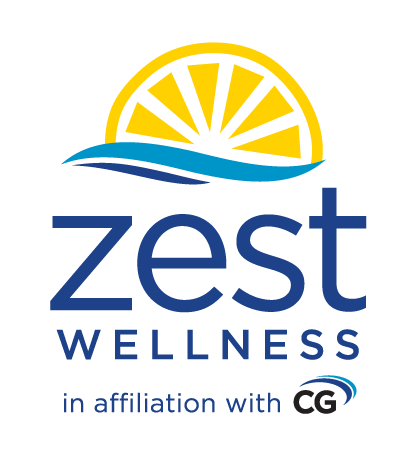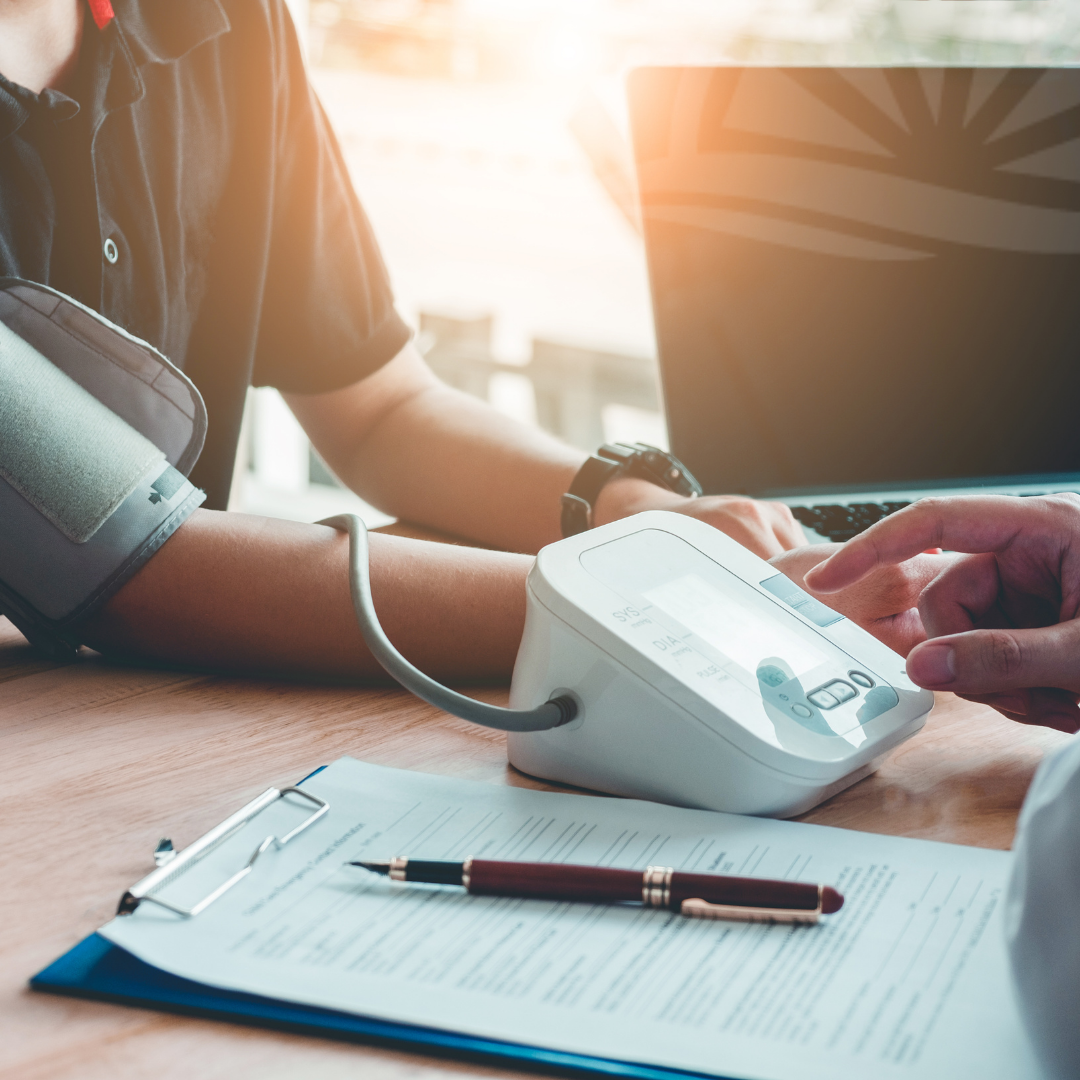Stress and Blood Pressure
Acute Stress causes blood pressure to rise
We currently know that short-term stress or ‘acute’ stress can cause blood pressure to rise but only temporarily. After the stressful event, it should then return to its baseline range. At present, the direct effect of ‘chronic stress’ or long-term stress on blood pressure is unknown.
How acute stress raises blood pressure
Our sympathetic nervous system is activated in a sudden stressful situation, and the response is known as ‘fight or flight’. Hormones are released into the bloodstream (adrenaline and cortisol) when this happens. These hormones cause the heart to pump faster (increases heart rate or pulse) and for blood pressure to rise.
Stress can impact our lifestyle choices
Have you ever been stressed and needed a glass of wine after a hectic day? Or veered into the drive-through to grab some comfort food as a quick fix to that stressful day? How about smoking to calm you down after an intense meeting? These habits are typical examples of how day-to-day stress can influence our lifestyle choices.
The American Heart Association recognizes that ongoing stress in our daily lives impacts the lifestyle choices we make. Therefore, combatting stress and choosing ‘healthy’ lifestyle choices to reduce stress will, in turn, reduce blood pressure. 1
How to reduce stress on the CG Zest Wellness App
· Increase your self-awareness of your daily stress levels by setting a daily stress reduction ‘healthy habit’.
· Start a 10-day stress reduction program with Journeys
· Stay motivated with fitness through activity tracking. Keeping active is proven to reduce stress. 1
· Track your progress. For example, you can earn points by tracking mindful minutes and tracking blood pressure.
Communication
If you find stress is taking over, and you cannot reduce stress or manage your blood pressure, ALWAYS speak with your doctor or mental health professional.
Sources
American Heart Association
https://www.heart.org/en/health-topics/high-blood-pressure/why-high-blood-pressure-is-a-silent-killer/know-your-risk-factors-for-high-blood-pressure
American Psychological Association







